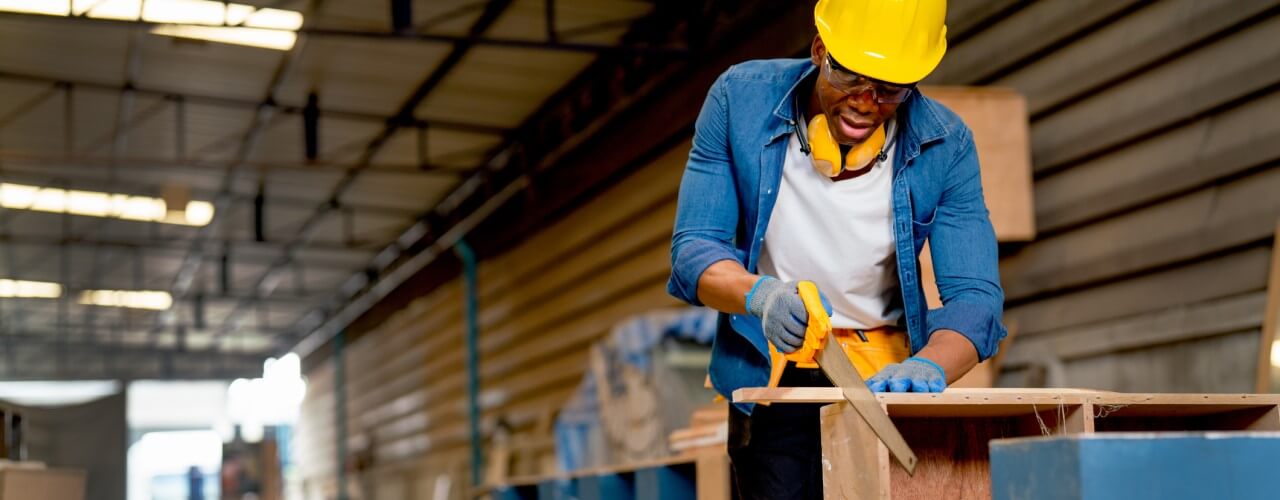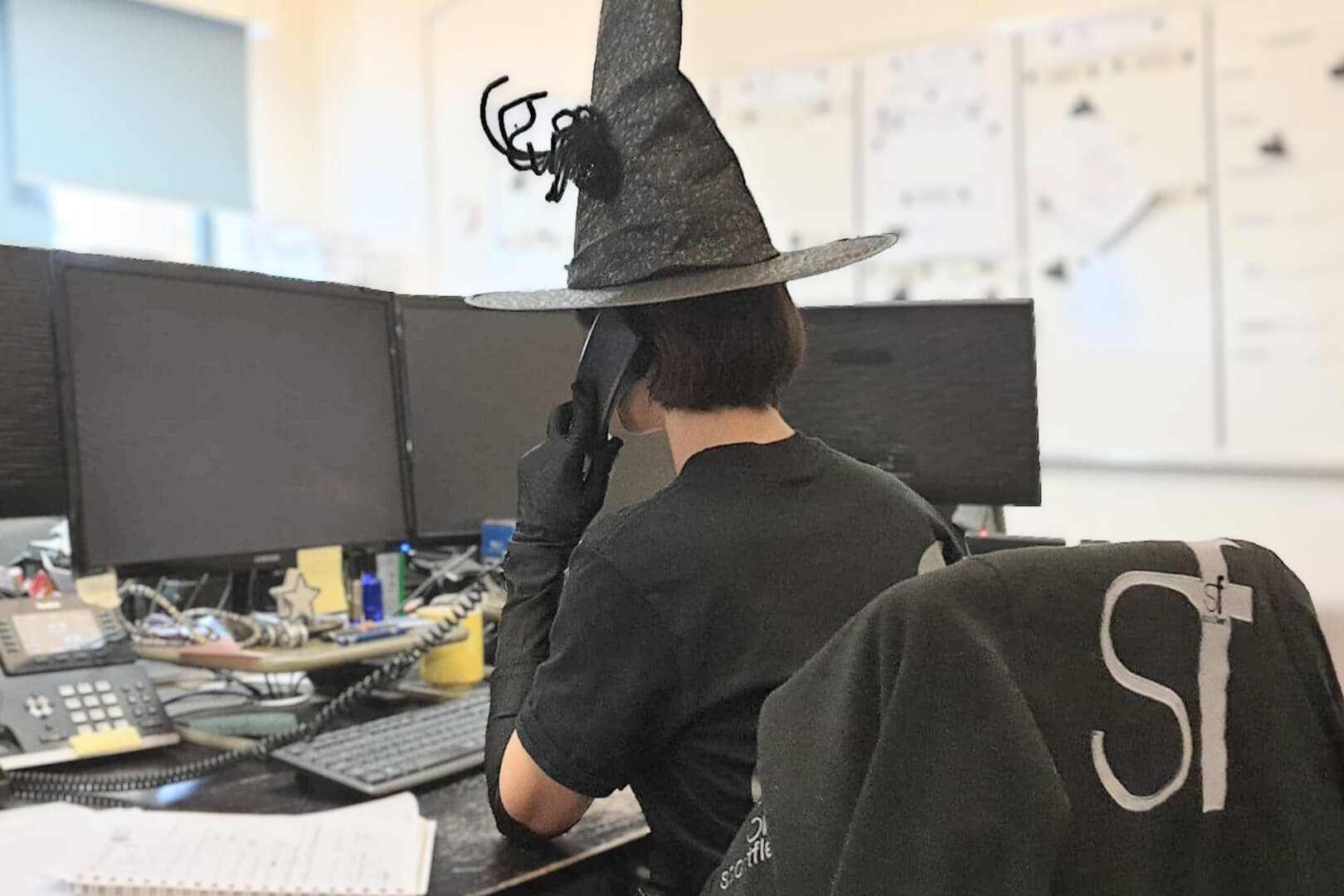The Ultimate beginner’s guide to carpentry
Carpentry
Matt
The Ultimate beginner’s guide to carpentry
Mon, 8 Dec 2025
Carpentry is an incredibly satisfying way to spend your time, not just because it’s a great process to be involved in – but also because you create tangible results. It’s one of the oldest trades in the world and can be a very relaxing and soothing experience. Plus it’s also a way to build things and you could even save money by learning carpentry skills. Here’s our beginner’s guide to carpentry.
- Start by acquiring knowledge. There is some risk involved in carpentry and it can also be quite a physically demanding skill so it’s a good idea to acquire a little knowledge about it before you begin. For example, it can be useful to brush up on basic maths skills so you can easily handle all the measuring. Have a think about what you’d like to achieve with the carpentry that you do and which type of carpentry is likely to be the best for you.
- Make sure you have the right tools. If you’re starting from scratch then you probably don’t have a particularly extensive toolbox and you might have to buy the basics. The most important tool for any carpenter is actually a pencil (and pencil sharpener), as you’ll need this to mark out the wood that you’re going to cut. After that you’ll need a good tape measure, a hammer and a variety of saws, including a hand saw. Chisels, screwdrivers, screws, bolts and a marking knife are all also going to be important.
- Clear a good workspace for your practice. You don’t need a huge workspace for carpentry but you do need a proper workbench. It’s not going to be safe or practical to simply work from the kitchen table. If you can create a dedicated indoor workspace for yourself and your carpentry then invest in a workbench that is suited to that area. Try to keep the space clutter-free, as this will make it much easier to work in.
- Start using the tools that you’ve invested in. Most people aren’t going to be able to simply start doing carpentry and create exactly what they want. Part of the journey – and the pleasure – involved in this skill is learning how to use the tools. Practice techniques and experiment with the way that different tools impact on wood. There are lots of resources you can use to help you grow in confidence, from videos online to speaking to the professionals in your local hardware shop.
- Start making things. There will come a point where you’re probably still a bit apprehensive about making a start but also have enough confidence to get going. At that point you’ll just have to make the leap and have a go. The key here is to try to keep it fun from start to finish. Choose a project that inspires you but one that is also within your reach so you can build confidence as you go.
Carpentry is a wonderful skill to have and can give you a great sense of satisfaction.
Still Have Questions?
Our friendly team is here to help you out.

